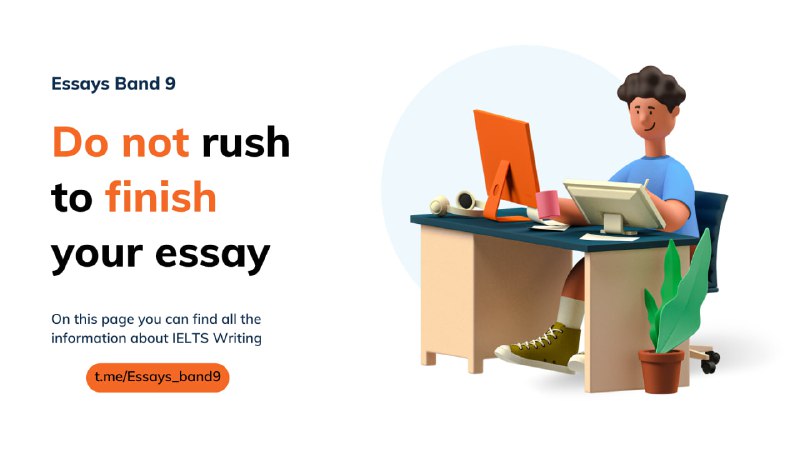2023-10-26 15:59:04
_Hi team
_ IELTS Writing: Cohesion and Coherence (CC)
As most of you know, one of the four criteria that examiners score you on for your writing is 'cohesion and coherence'. This has to do with how naturally and logically your ideas flow. There are a few particular features that examiners are looking for. I've talked about many of these before, but today I want to focus especially on 'cohesive devices'.
Cohesive devices are words like 'thus, this, this noun, in addition, furthermore, however, firstly, secondly, nevertheless, therefore' ... and many more.
It's expected that you have these throughout your writing, and it is more than likely that your writing already uses these. However, there is some interesting wording when it comes to interpretations of what it should look like. In the explanation for band 7, there is reference to overuse; in the explanation for band 6, there is reference to 'mechanical' styling.
Why is any of this important?
The reality is that sometimes students get overly formulaic with their writing. They use a basic 'cohesive device' before every sentence. There are so many essays that look like this.
Body 1:
Sentence 1 - Firstly, ...
Sentence 2 - For example, ...
Sentence 3 - Therefore, ...
Body 2:
Sentence 1 - First of all, ...
Sentence 2 - For instance, ...
Sentence 3 - Thus,
When your essay looks like this, it's very easy for the examiner to decide your flow of ideas is 'mechanical' and give you a 6 maximum for CC.
In fact, the notes to examiners say explicitly that writing that has each sentence starting with something like 'firstly, for example, for instance, in addition, thus, therefore, however' is more likely to be found at lower levels (around 5 - 6). In contrast to this, higher levels will not have to rely on these expressions at the start of their sentences.
You can see this in the description of a band 9 essay which says "uses cohesion in such a way that it attracts no attention". In other words, the best essays don't have these expressions all the time.
In summary, how does this apply to writing?
My advice is to keep using these cohesive devices, but simply don't use them before every sentence. Work on having maybe half your sentences not starting with a 'Therefore, / Firstly, / In addition,' style openings. Just doing this will make sure that you aren't putting a ceiling on your CC score.
#IELTSTopTips #Writing9 @Essays_band9
-Road to band
14.1K views12:59



